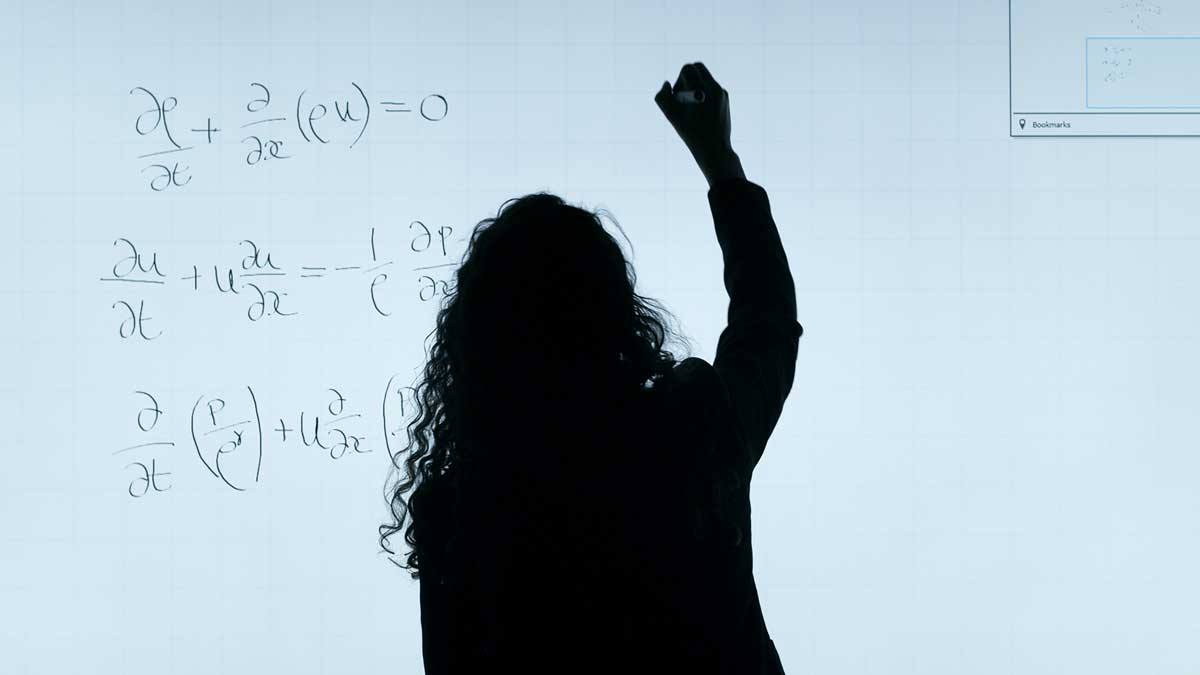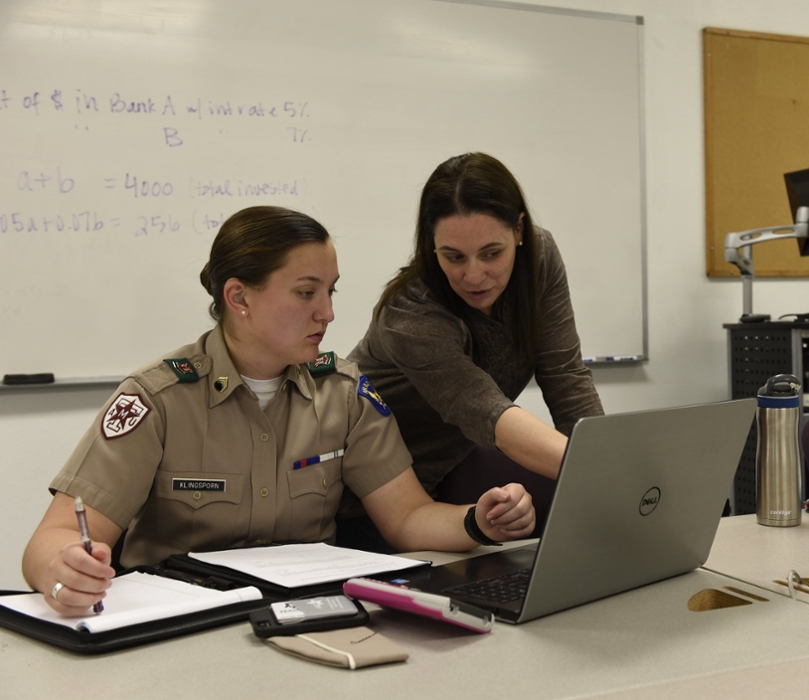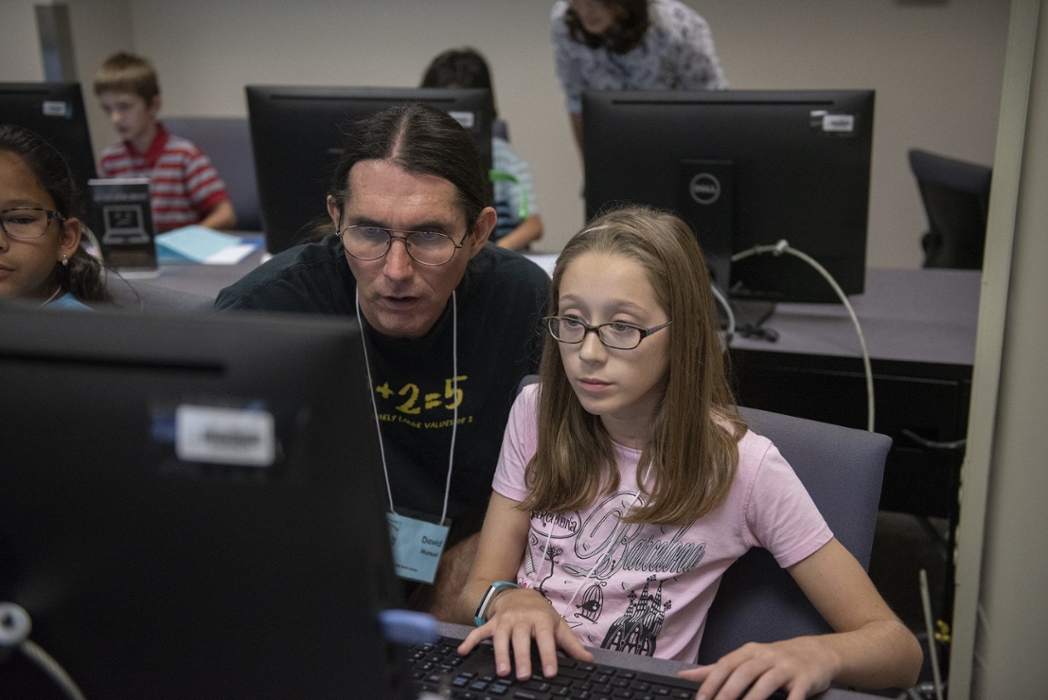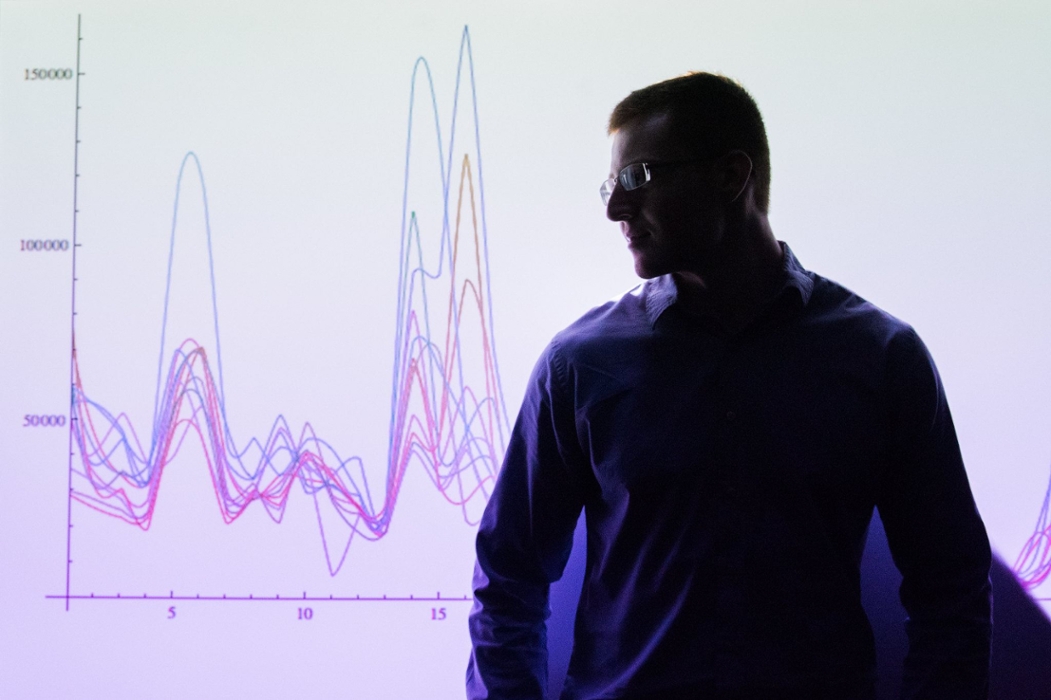Department of Mathematics
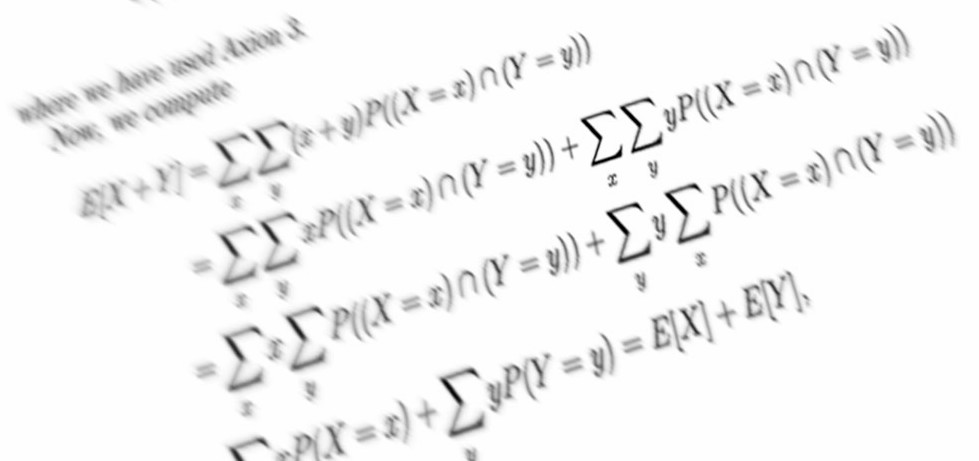
Events
The analytical and quantitative skills acquired with rigorous mathematical training provide diverse career opportunities that rank near the top in career satisfaction surveys. We offer instruction that leads to flexible degrees along with a wide array of web-assisted supplemental instructional services. In addition to collaborative and cross-disciplinary research interests, we support a variety of K-12 and general outreach programs.

